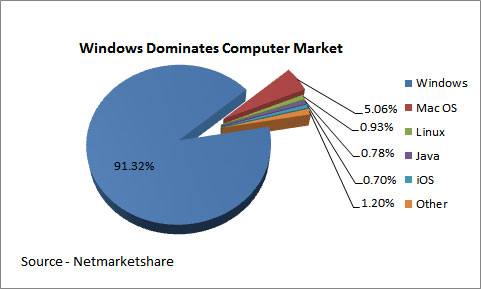JohnRawls wrote:Realy, look back at americas 1880-1940s a lot of companies were monopolies back in the day before the government didnt seperate them.
Give me some concrete examples and we can take a look and see just how they got that way. I'll wager government was involved. Remember the scary stories they told us in high school about "robber barons"? Mostly those are moralistic fabrications (that, sadly, persist to this day). The real bad guys were the political entrepreneurs, they ran to government for regulations and tax breaks and contracts. They were completely on-board with so-called anti-trust legislation, as it guaranteed them a market share and helped to push their smaller competitors right out of business (something everyone should always keep in mind: whatever name is attached to a piece of legislation is usually the complete opposite of what's lurking inside.)
A look at the whole "robber baron" meme:
http://www.intellectualtakeout.org/libr ... ber-barons Also nowadays companies like intel and apple are also something near monopolies although they spam in several sectors. Microsoft is a monopolist also in several sectors.
"Something near a monopoly" is not the same thing as a monopoly. Your chart shows four other competing operating systems and "other", comprised of who knows how many more. A monopoly actively stifles competition and yet, even though Microsoft has a huge share of the operating system market, you do still have a choice to purchase one from a different company. Microsoft is still subject to market forces and competition: if their next operating system is crap (as Vista was), fewer people will use it and they'll have to respond to that.
A good look at "natural" monopolies:
http://mises.org/daily/5266In any case, back to the original questions:
...why is it OK for a corporation to propagandize you and force you to do what they want by economic oppression, rather than political oppression?
Not sure what "propagandaize" means in this context. Are you talking about advertising? In any case, a corporation by itself cannot force you to do anything, and it cannot form an "economically oppressive" monopoly without government help. So there is nothing
but political oppression involved.
"The first lesson of economics is scarcity: there is never enough of anything to fully satisfy all those who want it. The first lesson of politics is to disregard the first lesson of economics." - Thomas Sowell




















 - By wat0n
- By wat0n